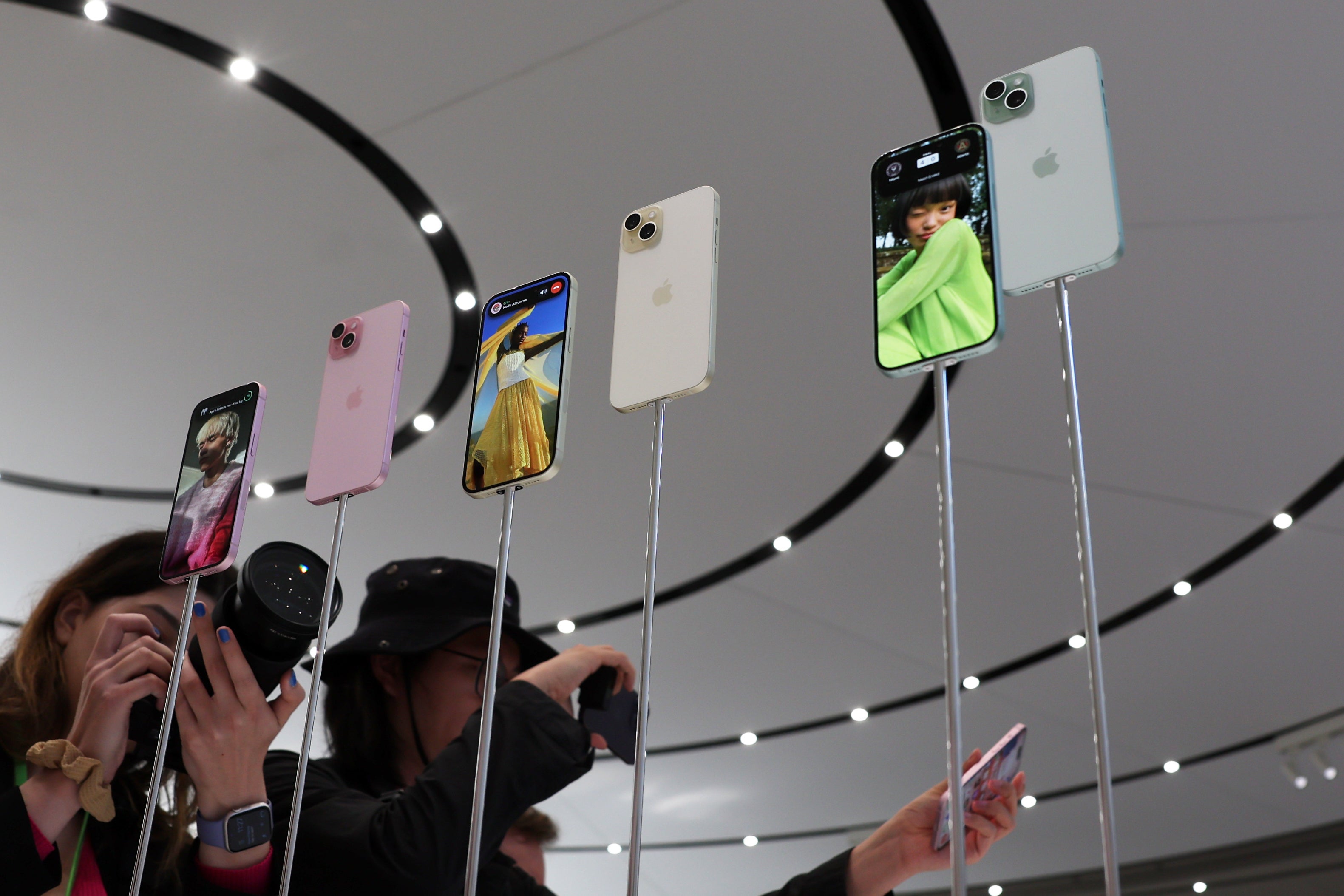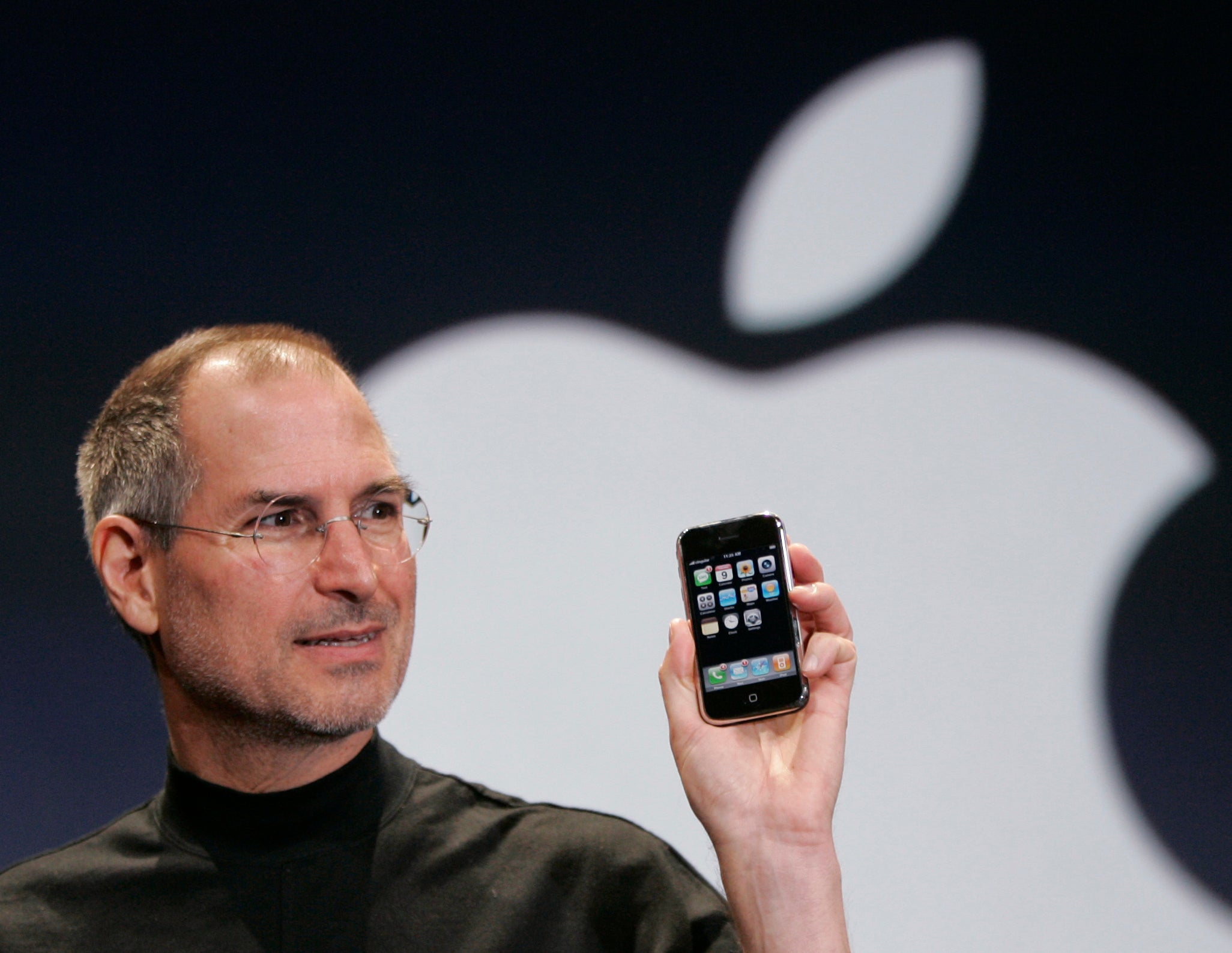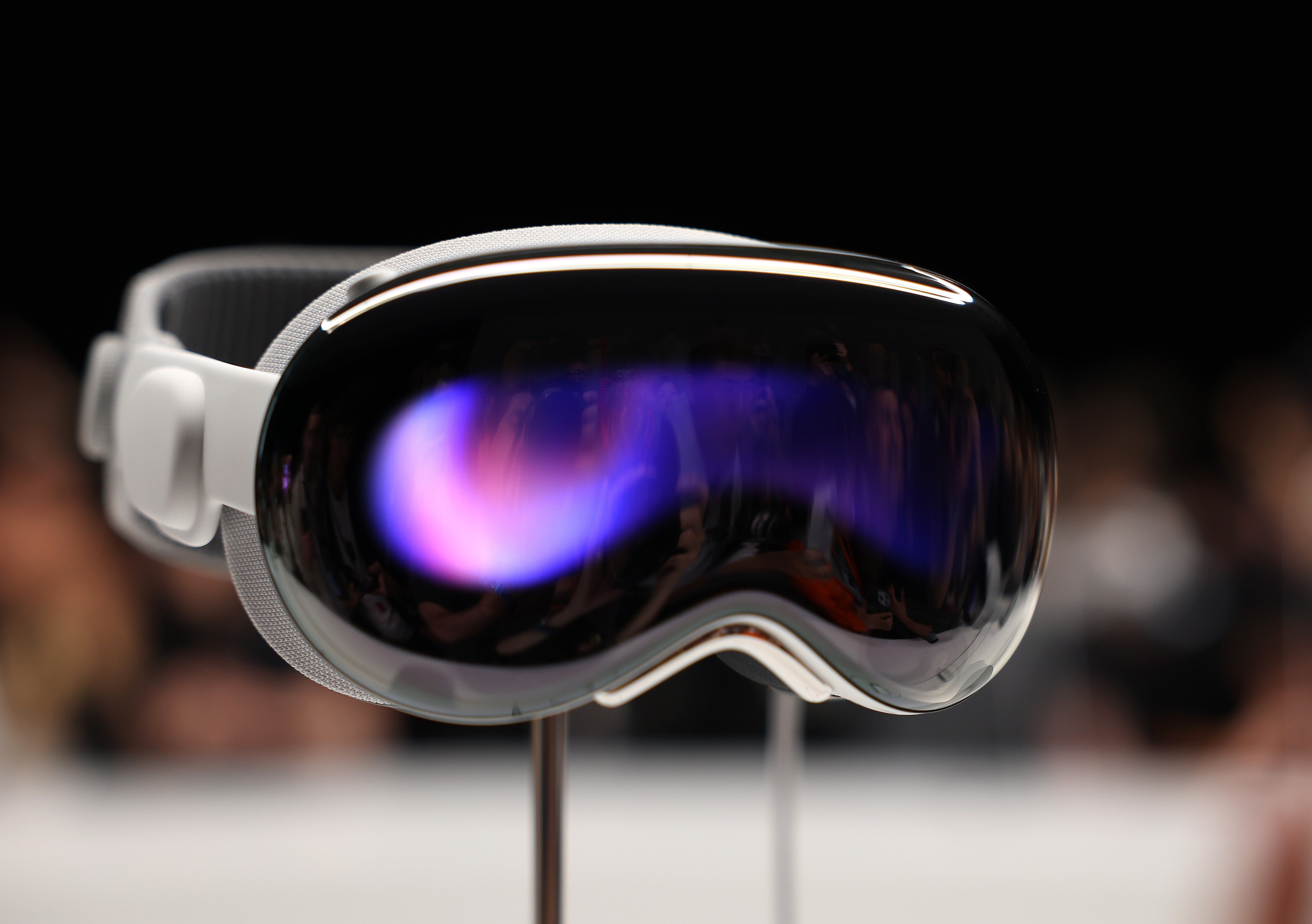How Apple and Google plan to make us fall back in love with our phones
The tech giants can no longer rely on booming sales of new devices, writes Andrew Griffin. Could the advent of AI be enough to spark a smartphone resurgence?


In retrospect, it feels like everyone rushed out to buy the first iPhone. But they didn’t, of course: in its first year, 2007, Apple shipped just 1.4 million iPhones, compared to 231.8 million sold last year. Some reviews were scathing, complaining that it would break quickly and lacked key features.
Not everybody who was down on the new phone was wrong. It was then astonishingly expensive – the cheapest model cost $499, though today’s models cost about twice that. It didn’t have apps, or video, or 3G, and its speed was incredibly limited.
But, very quickly, the world was convinced, not just about the iPhone, but about smartphones generally. And with that new belief in the product came a whole different way of living and spending money: a default assumption that people would spend large amounts on contracts every month, and get the latest versions every couple of years.
That rhythm lives on today. And as summer comes to an end we find ourselves right in the middle of the annual cycle’s high point: Samsung and Google have released their new devices, and Apple is due to in a couple of weeks. (Rumours point to a 10 September event in California.)
Each year, those companies take to their stages and reveal a whole load of new devices. But each year they have come to feel a little less unique: as smartphones have matured, they have become a little more predictable, and so have the annual upgrades.
It can at times feel like every company had been working towards a dream that’s now here: a smart, thin and robust slab, with cameras on one side and a display on the other, with people’s whole digital lives squished into it.
Customers seem to have come to the same conclusion. In recent years, iPhone sales growth has tapered off and occasionally gone in reverse, and its latest results earlier this month showed a decline of 1 per cent year-on-year.
As long ago as 2015, when the iPhone 6 was still the latest model, research company Argus Insights said that customers were suffering from “upgrade fatigue”. It is easy to point to graphs showing endlessly growing sales as a counterpoint, but they generally measure how many people are buying phones, not how excited they feel about doing so.
But, this year, all three of the big phone companies and many more besides had a new plan to engage people with their devices: artificial intelligence. They all showed off various versions of that technology – both in the form of software updates and new hardware – to try and make people’s lives easier.
The new Pixel, for instance, is in its “Gemini era”, according to Google, in reference to the branding that the company has given its artificial intelligence tools. It will use AI to organise screenshots, let you generate entirely new images or place yourself into them, for instance.

Apple chose to brand its own AI tools as “Apple Intelligence”, but they were based on many of the same ideas. It will summarise notifications, let you create new Memoji, and allow Siri to become both more understanding and more useful. When the new iPhone 16 arrives, in a couple of weeks, it’s likely that it will bring even more such Apple Intelligence-powered updates.
Apple had long resisted using the words artificial intelligence: originally, it tended just to describe the features rather than how they worked, then used the actually more useful term “machine learning”, before being pushed by investors and the media into using the word AI, albeit with a different word hiding behind those initials.
All of those companies will be hoping that those AI features – and the phones that will carry them into our lives – will be enough to re-energise our relationship with our devices. We won’t know whether that works until next year, after those newly intelligent smartphones go on sale and the data is released.
What’s notable about many of these new features is that they don’t aim to make people spend more time with their phones – the marketing, at least, is focused on ensuring that people can enjoy their lives, not their devices. While it is difficult to know exactly what has brought about the stagnation in smartphone sales growth, it comes as people seem to be increasingly agnostic about the effects their devices have on their lives.
Device manufacturers know that we have anxiety about our connection to our devices. In 2018, for instance, both Apple and Google introduced new features intended to encourage people to use their devices less, by tracking how much time was spent in apps and encouraging people to switch them off.

In the years since, those features have only become more integrated into the products, and when Apple launched its Vision Pro headset last year much of the marketing was about the fact that it would allow people to engage more with the world, rather than move away from it.
That headset was perhaps a recognition also that the maturity of the smartphone has led to a new focus on what might come next. Rival companies have attempted to suggest that the AI revolution will not be brought about by shoving artificial intelligence into our existing devices but by making whole new ones.
But the attempts to do so have largely struggled. The Humane smart pin and the Rabbit R1 both tried to put AI into bespoke hardware and were savaged by reviewers; even the better-regarded Meta smart glasses have yet to come into the mainstream. That might be because AI is not up to the job, or because our smartphones are best after all. Despite all the complaints that we are bored with our phones, people don’t seem especially interested in something that might replace it.
That might be the central problem occupying all device manufacturers today: if people have a complaint about their smartphones, it is that they are too interesting, and so improvements aimed at making them even more thrilling represent both a promise and a threat.
Despite everything, we continue to like our phones – but that won’t stop some of the world’s biggest companies from trying to make us fall in love with them all over again this year, with the help of AI.
Join our commenting forum
Join thought-provoking conversations, follow other Independent readers and see their replies
Comments

Bookmark popover
Removed from bookmarks